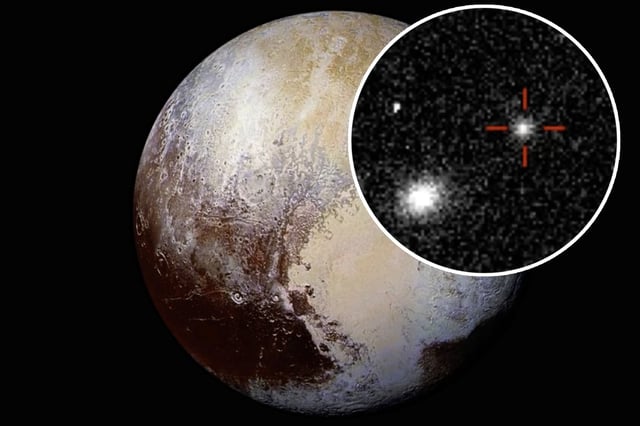Overview
- Sihao Cheng’s team identified 2017 OF201 in Dark Energy Camera data from 2014–2018 and confirmed it is a roughly 700 km-wide, spheroidal trans-Neptunian object
- The dwarf planet’s path ranges from 44.5 AU to 1,600 AU and takes about 25,000 years to complete, placing it among the most distant bodies visible in current telescopic surveys
- With a perihelion alignment at 306°, 2017 OF201 deviates from the clustered orientations of other extreme trans-Neptunian objects, suggesting stability without a massive Planet Nine
- Simulations by André Izidoro’s group find that wide, highly eccentric orbits naturally emerge during the chaotic early stages of planetary-system formation
- Researchers project there could be at least 100 similar-sized objects on comparable orbits lurking in the solar system’s outer fringes

